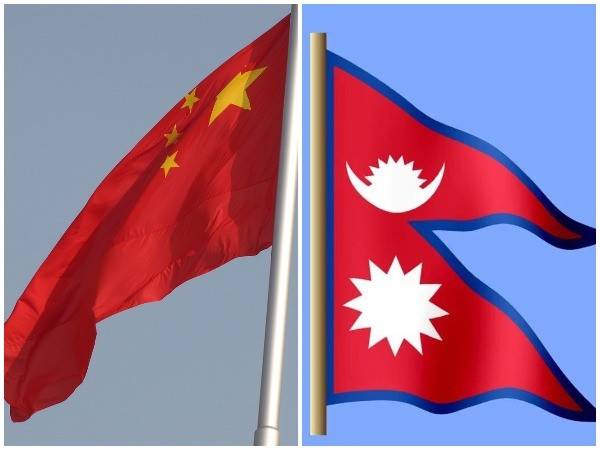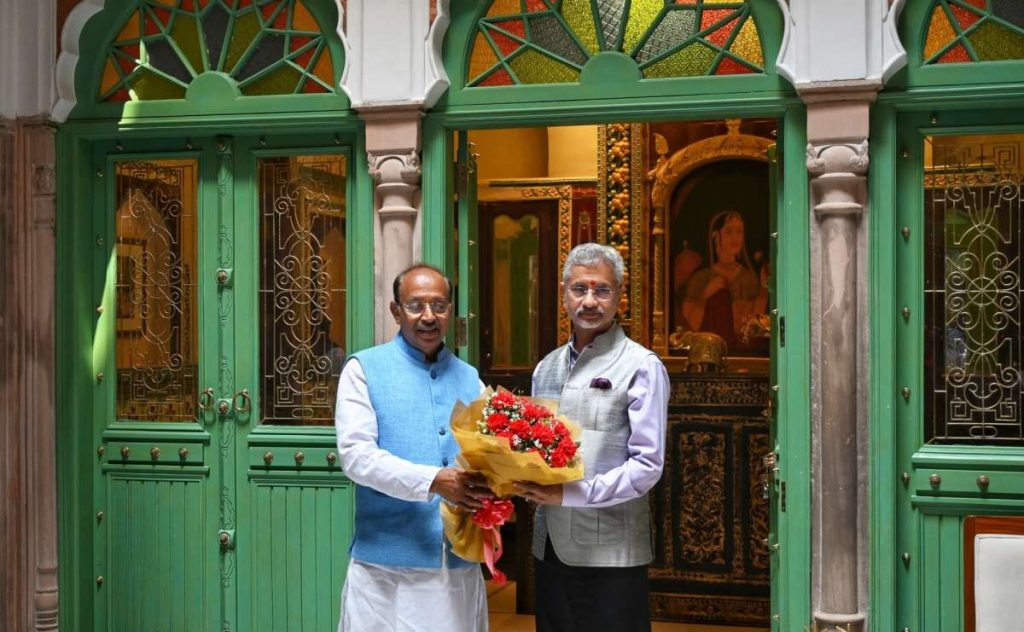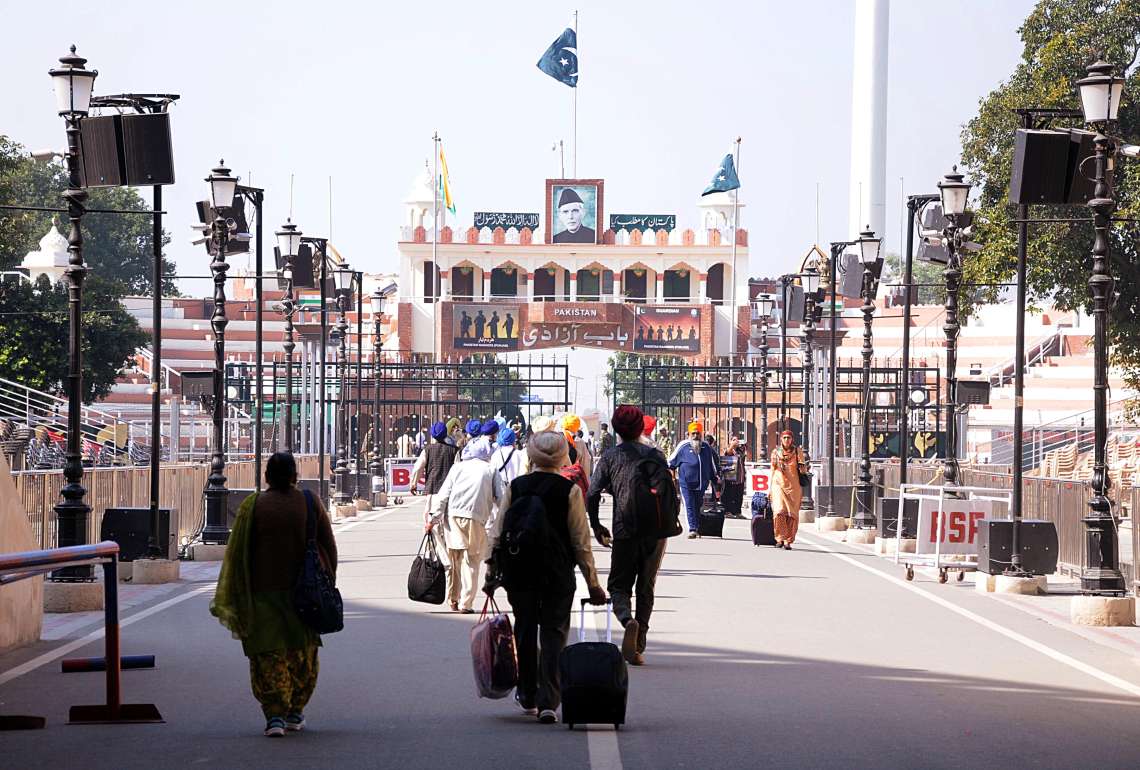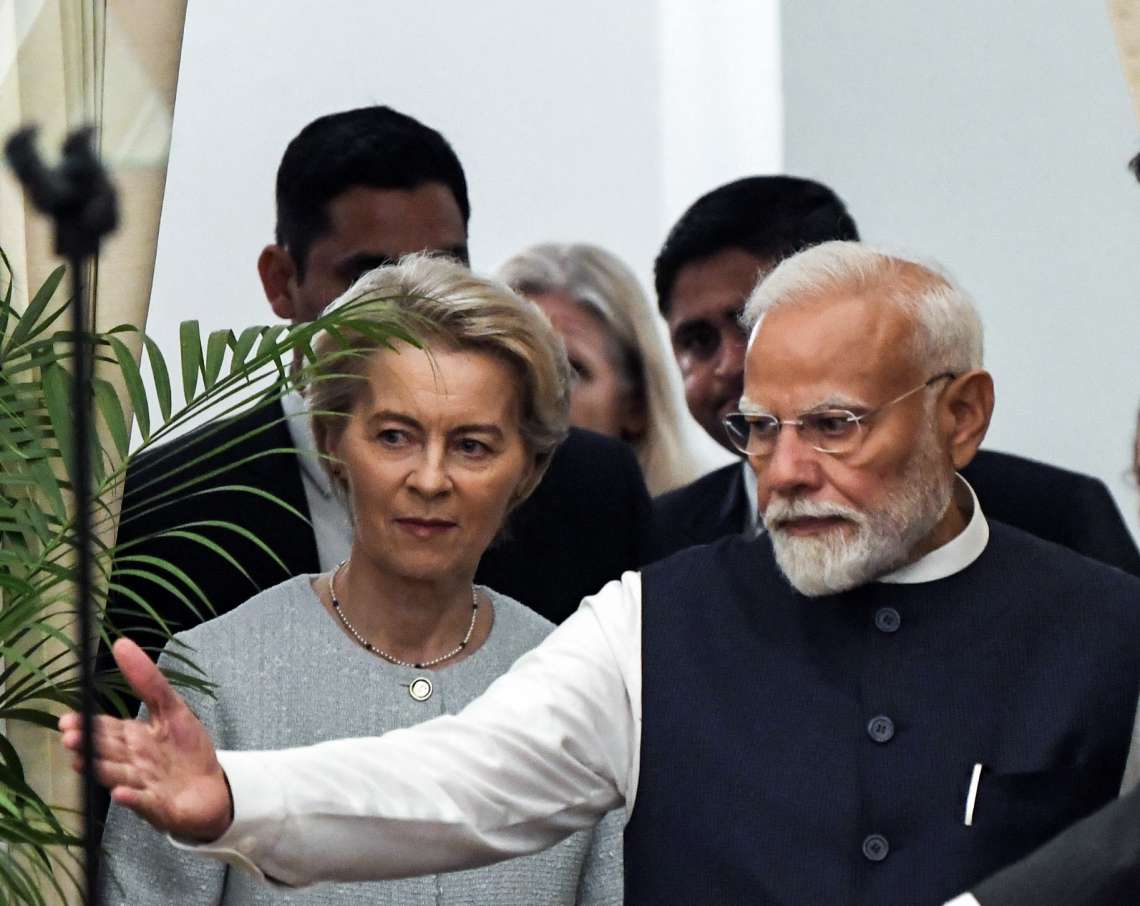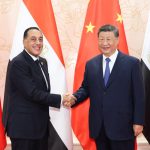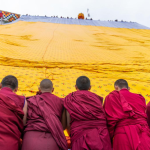Even Dahal, who is seen as being less inclined towards Beijing than Oli, is making an effort to keep balance among the geopolitical powers, The Diplomat said…reports Asian Lite News
The recent political upheaval in Kathmandu has changed for the worse for China as its hope for a prolonged time of influence was dashed by the resurgence of the pre-election five-party coalition led by the Communist Party of Nepal-Maoist Center and the Nepali Congress (NC), reported The Diplomat.
Since the formation of a new government in November, Nepal has seen a rise in Chinese political involvement. The post-election coalition saw the Communist Party of Nepal-Unified Marxist Leninist (CPN-UML) and Communist Party of Nepal-Maoist Center, led by KP Sharma Oli and Puspa Kamal Dahal respectively, join together to establish the government with Dahal as prime minister. China appeared confident in reclaiming the political space it had in Nepal under Oli’s control of the Nepal Communist Party (NCP), which was created by the merger of the CPN-UML and the Maoists and ruled until 2021.
Following in the footsteps of former Ambassador Hou Yanqi, the new Chinese envoy Chen Song has been actively engaging with Nepal’s political leaders since his arrival in January of this year, read a report published in The Diplomat.
Some recent events include the Chinese embassy’s announcement of Pokhara International Airport as a flagship project under the Belt and Road Initiative (BRI) on the eve of the airport’s opening; the arrival of a technical team to carry out the feasibility study of the proposed Trans-Himalayan Railway Network; and Chen Song’s brash press conference upon his arrival on January 8 at the airport. These lightning-fast actions reveal Beijing’s desperate attempt to take advantage of the existence of a friendly administration led by Dahal.
The upcoming presidential election is the focal point of Nepal’s political upheaval, with Ram Chandra Poudel, a famous NC leader (vaguely referred to as “pro-West”), enjoying a clear expectation of victory. Poudel benefited from Dahal’s decision to give his party’s support, blowing up its partnership with the CPN-UML in the process.
But, according to The Diplomat, Poudel’s victory is expected to defeat China’s attempts to appoint a “pro-Chinese” communist figure to the top position. Beijing’s keen interest in Nepal’s presidential candidate stems from its prior interactions with Bidhya Devi Bhandari when she served as president and the pleasant relationship it experienced as a result of her obvious proclivity towards China.
This was demonstrated when Bhandari, in defiance of the Ministry of Foreign Affairs, attended a Global Security Initiative (GSI) gathering hosted by the Chinese Communist Party (CCP) last September. Nepal’s policy of non-alignment with any security, military, or strategic alliances is violated by participation in the GSI forum, which promotes a new security plan put forth by China. Nepal has consistently declined to join the US-led Indo-Pacific Strategy and shied away from the BIMSTEC combined military exercise in 2018.
China will still view the agreement among the new post-election alliance that Dahal will remain prime minister for the first two years as an opportunity to expand its engagements with Nepal, The Diplomat said.
Nonetheless, Dahal will have a hard time freely managing international relations, given the ideological polarity within the coalition groups and their implications towards various geopolitical actors. The Nepali Congress is renowned for supporting a contentious infrastructure agreement with the United States under the previous administration. It has long been thought of as being more friendly towards India.
Even Dahal, who is seen as being less inclined towards Beijing than Oli, is making an effort to keep balance among the geopolitical powers, The Diplomat said.
Beijing is not inclined to relinquish its position in Nepal’s political system in light of these events. China has made feeble efforts to strengthen its ties with other political parties, especially the Nepali Congress, despite the fact that it saw a closer relationship with Nepal’s communist bloc as strategically advantageous for expanding its influence in that country.
Liu Jianchao, director of the CCP’s International Liaison Department, discussed the CCP’s desire to strengthen ties with the NC during a four-day trip to Nepal in July 2022. He also expressed the CCP’s willingness to strengthen strategic communication with the NC in order to promote inter-party relations through interactions, learning from one another, and mutually advantageous collaboration.
Beijing’s current strategy is to interact with any political forces that are a part of Kathmandu’s ruling coalition in order to advance its broader strategic objectives. Although China will seek a path forward through Dahal, who will serve as both the current prime minister and the king-maker in the Parliament for the ensuing five-year period. And strengthening ties with the Nepali Congress, which won the most votes in the election held in November 2022, will continue to be Beijing’s top priority.
China’s policy towards Nepal will continue to be influenced by its long-standing security concerns related to Tibet, Tibetan communities living in diaspora in Nepal, and Nepal’s support for the One China policy.
In order to achieve its overarching goal of coopting Buddhism throughout South Asia and Southeast Asia, China is expected to step up its soft diplomatic strategies, with a focus on Buddhist heritages throughout the northern bordering districts of Nepal and in Lumbini, the birthplace of Siddhartha Gautam. This also falls into Beijing’s overarching plan to convince Nepal to accept the legitimacy of the Chinese government’s choice for the Dalai Lama’s successor in the future, The Diplomat reported. (ANI)
ALSO READ-India must tackle China without the US

